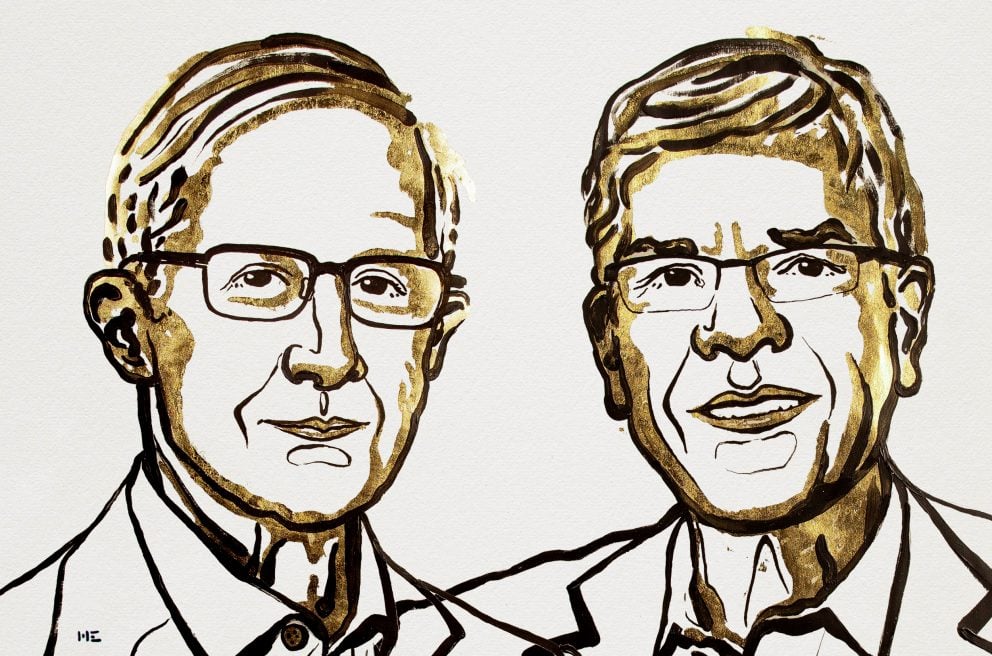12 new laureates have been awarded for achievements that have conferred the greatest benefit to humankind
The Nobel Prize in Physics 2018
Tools made of light
The Nobel Prize in Physics 2018 was awarded "for groundbreaking inventions in the field of laser physics" with one half to Arthur Ashkin "for the optical tweezers and their application to biological systems" and the other half jointly to Gérard Mourou and Donna Strickland "for their method of generating high-intensity, ultra-short optical pulses".
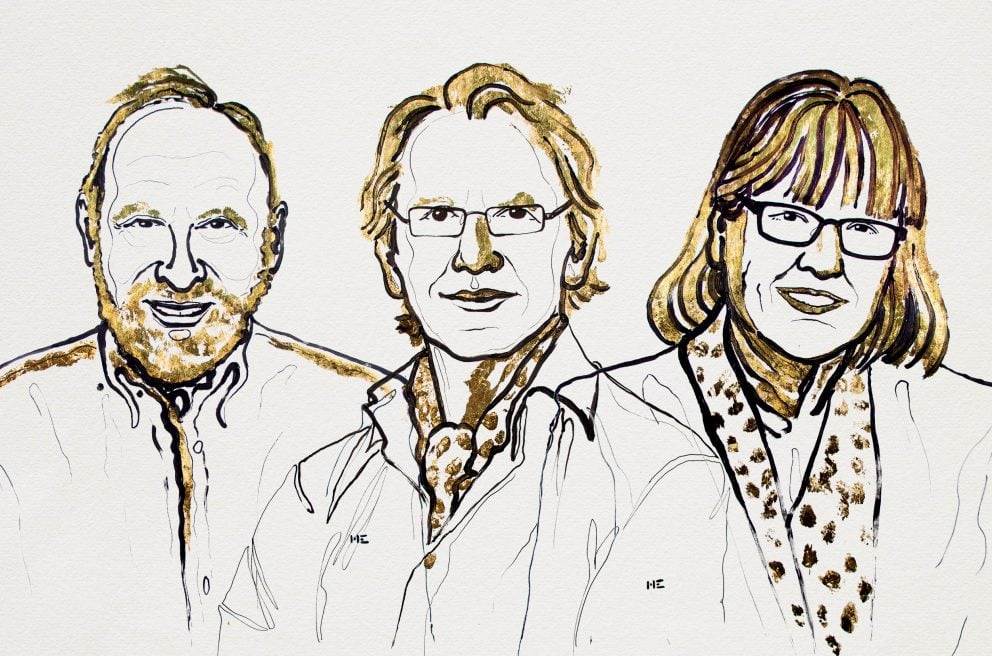
Nobel Prize in Chemistry 2018
Power of evolution
The Nobel Prize in Chemistry 2018 was awarded with one half to Frances H. Arnold "for the directed evolution of enzymes" and the other half jointly to George P. Smith and Sir Gregory P. Winter "for the phage display of peptides and antibodies."
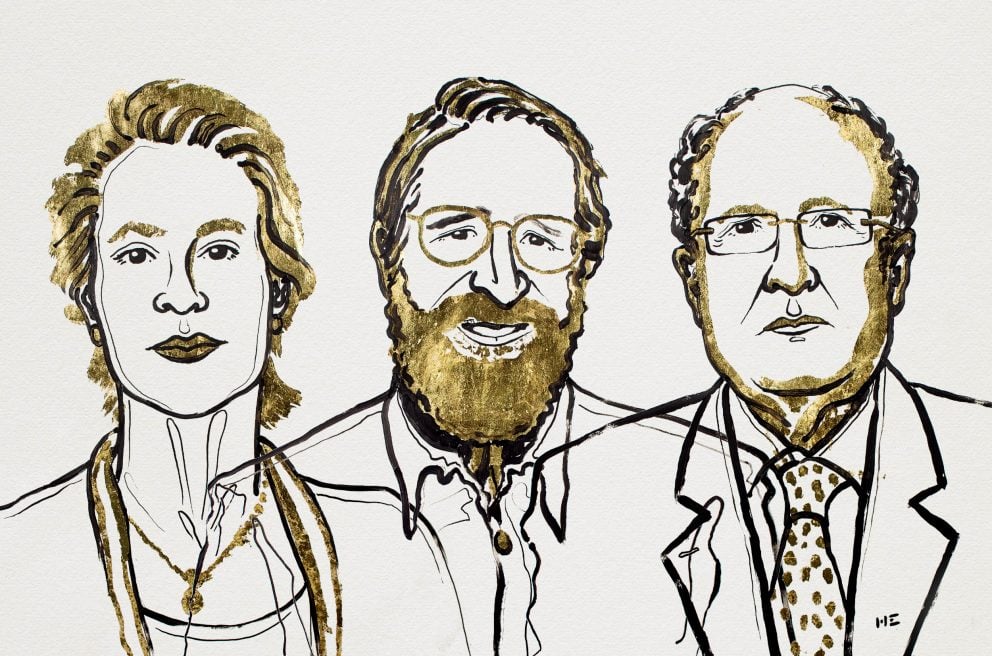
The Nobel Prize in Physiology or Medicine 2018
Cancer therapy: Releasing the brakes of immunity
The Nobel Prize in Physiology or Medicine 2018 was awarded to James P. Allison and Tasuku Honjo "for their discovery of cancer therapy by inhibition of negative immune regulation." The Laureates has shown how different strategies for inhibiting the brakes on the immune system can be used in the treatment of cancer. Their discoveries are a landmark in our fight against cancer.
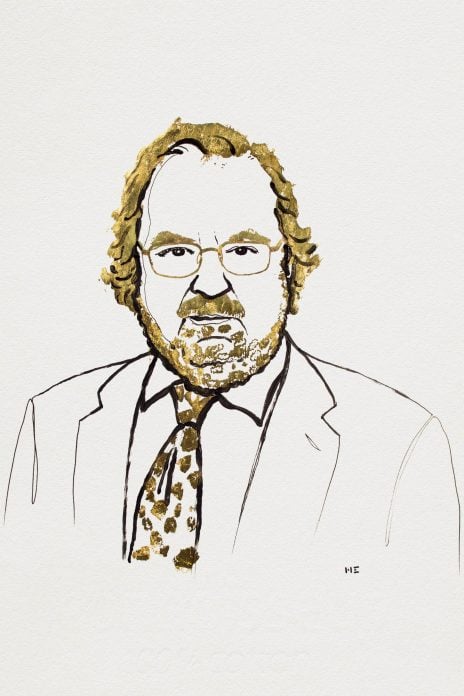
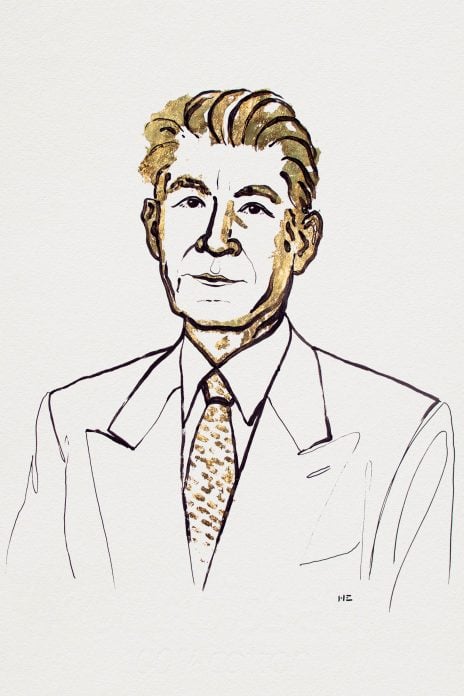
Nobel Peace Prize 2018
Courageously combating war crimes and seeking justice for victims
Both laureates have made a crucial contribution to focusing attention on, and combating, war crimes. Denis Mukwege is the helper who has devoted his life to defending these victims. Nadia Murad is the witness who tells of the abuses perpetrated against herself and others. Each of them in their own way has helped to give greater visibility to war-time sexual violence, so that the perpetrators can be held accountable for their actions.
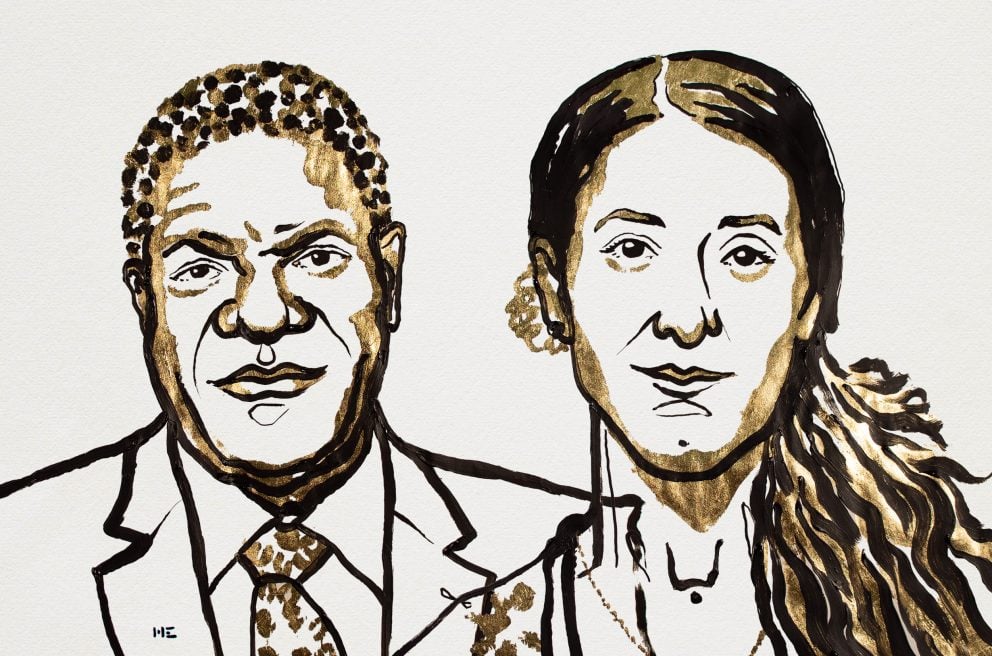
The Prize in Economic Sciences 2018
Integrating innovation and climate with economic growth
The Prize in Economic Sciences 2018 has been awarded to William D. Nordhaus "for integrating climate change into long-run macroeconomic analysis" and Paul M. Romer "for integrating technological innovations into long-run macroeconomic analysis." Their findings have significantly broadened the scope of economic analysis by constructing models that explain how the market economy interacts with nature and knowledge.
